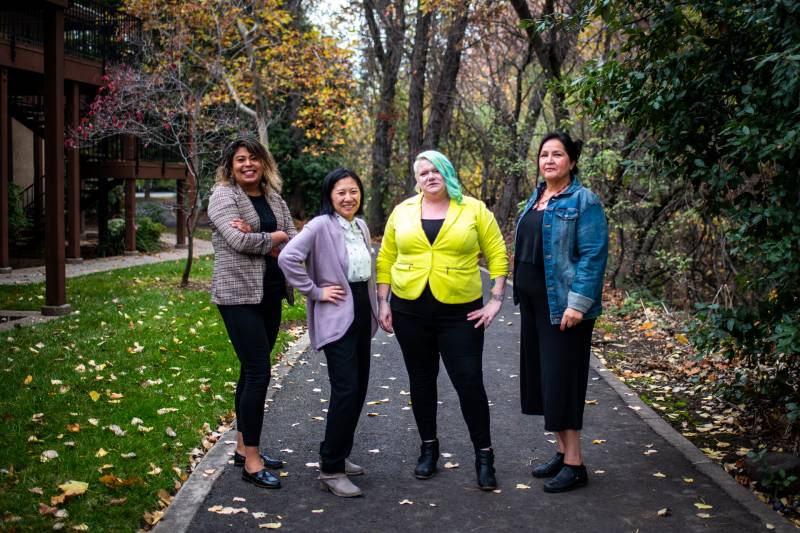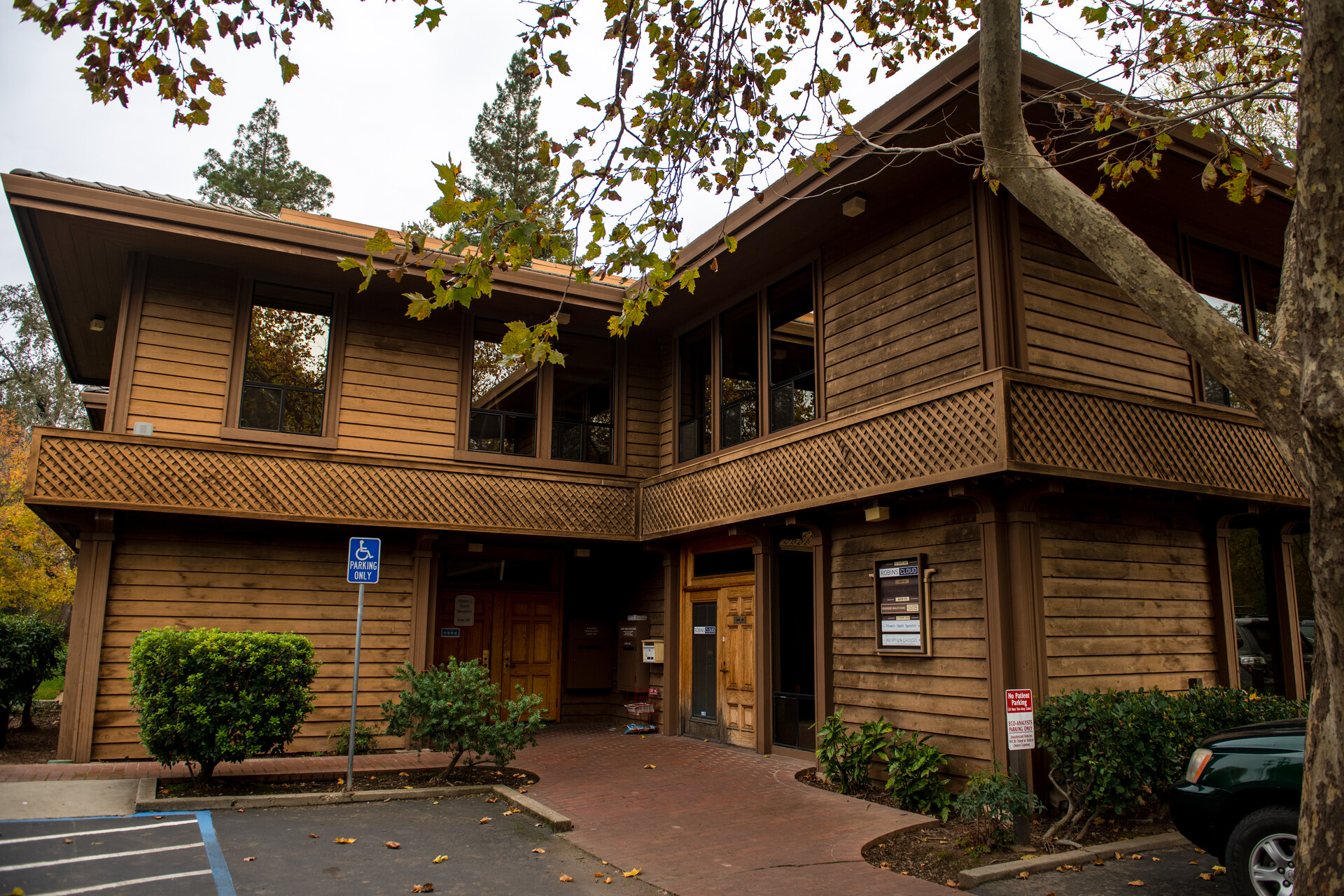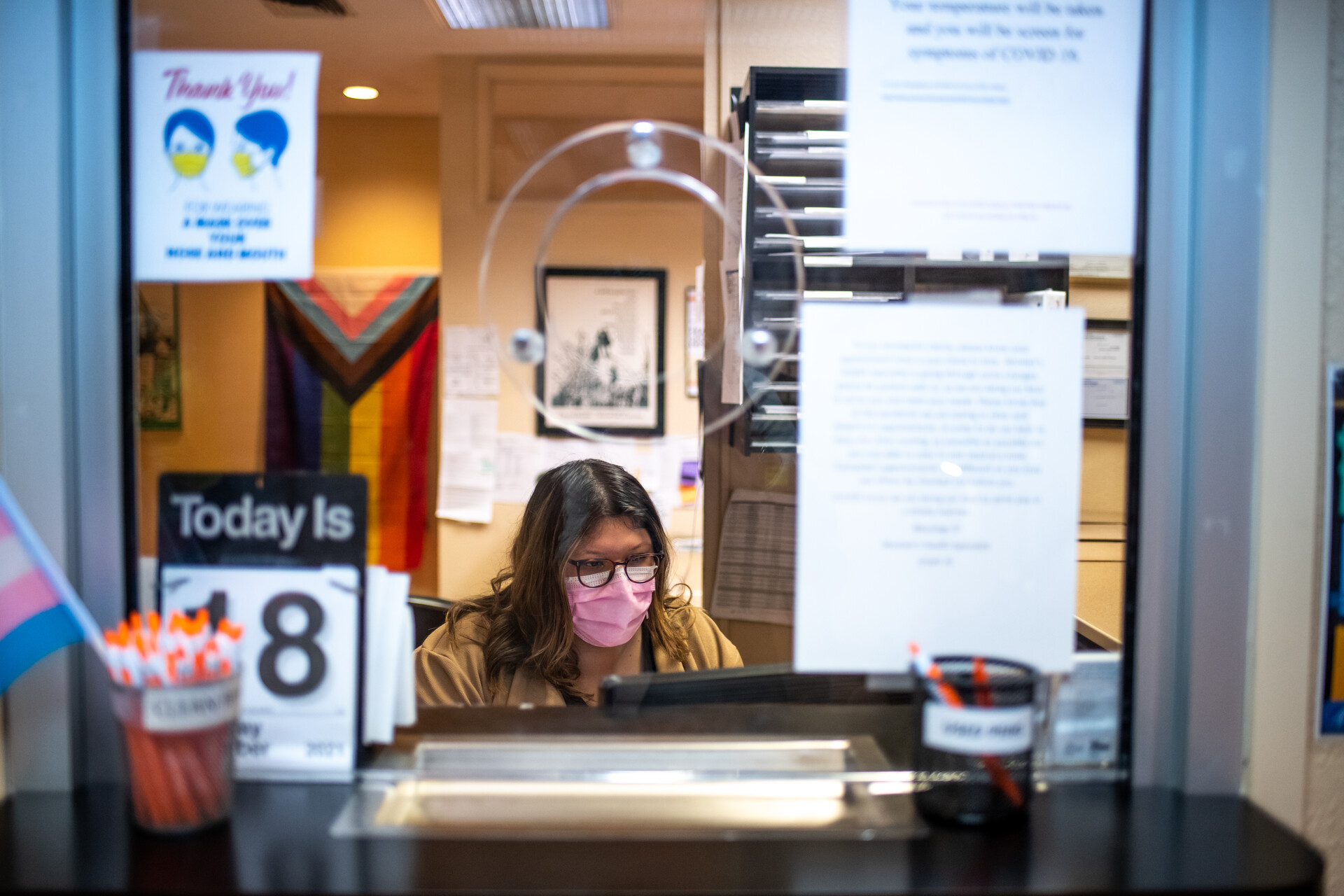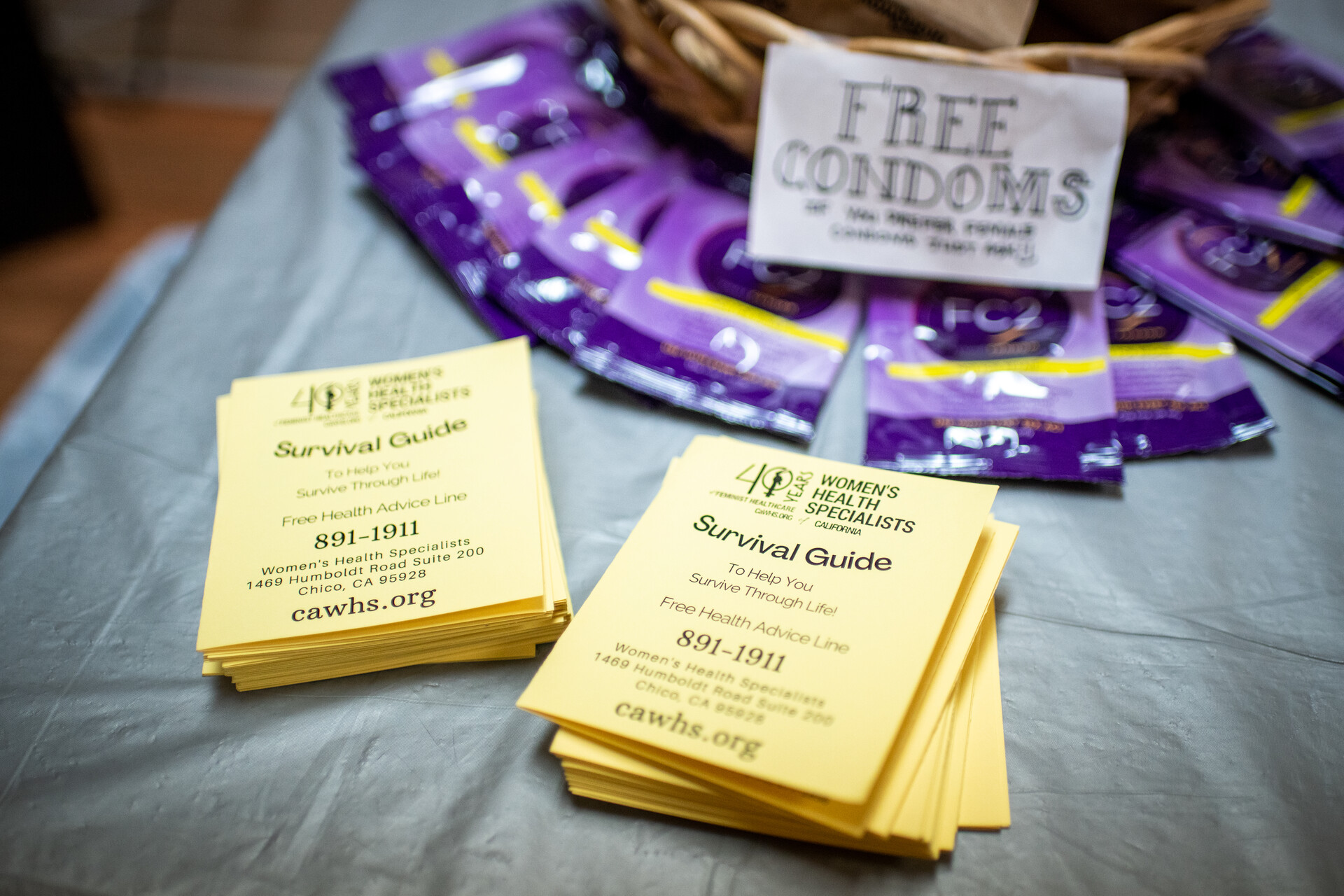Update June 24, 2022: The decision in Dobbs v. Jackson Women’s Health Organization was announced June 24, overturning Roe v. Wade and eliminating the constitutional right to an abortion.
California guarantees the right to abortion in statute and the state constitution. Our state’s abortion laws are the strongest in the United States. Both officials and abortion providers have made it very clear that abortion access in California will not change because of the U.S. Supreme Court’s decision. Read more about the overturning of Roe v. Wade.
Original story continues:
The U.S. Supreme Court will hear oral arguments today in a case challenging Roe v. Wade, the landmark 1973 decision guaranteeing the right to an abortion.
The case before the court considers whether a Mississippi state ban on abortions after 15 weeks of pregnancy is constitutional. The decision could undercut current law, which allows for abortion procedures up until a fetus is deemed viable — usually around 24 weeks.
The court’s ultimate decision could have vast implications for millions of pregnant people living in an estimated 26 conservative states across the country, where officials have long worked to restrict abortion access.
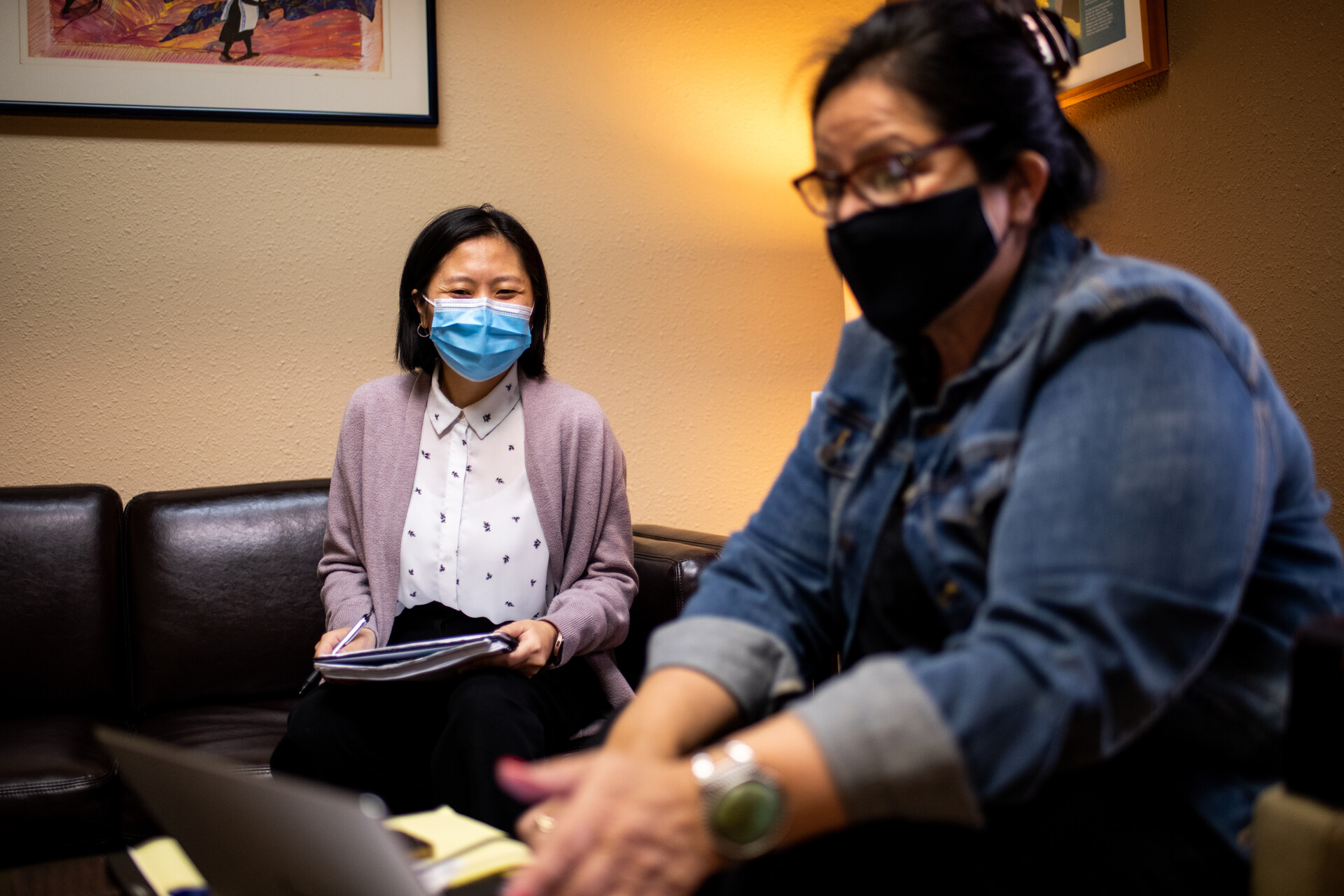
But whichever direction the conservative-leaning court goes, its decision likely will have little bearing on access to the procedure in California, where the fundamental right to obtain an abortion before viability is guaranteed, and will remain so.
That assurance, however, doesn’t mean it’s always easy to terminate a pregnancy in California, especially in many rural parts of the state.
